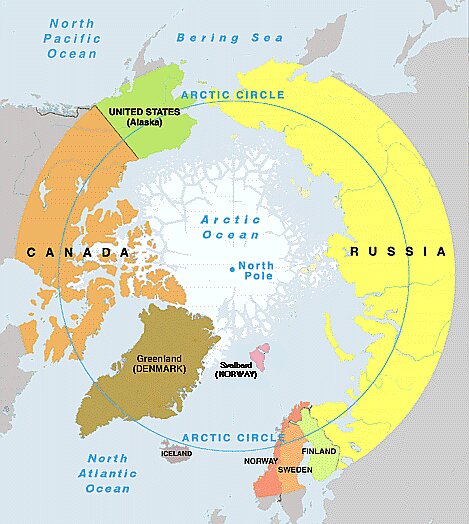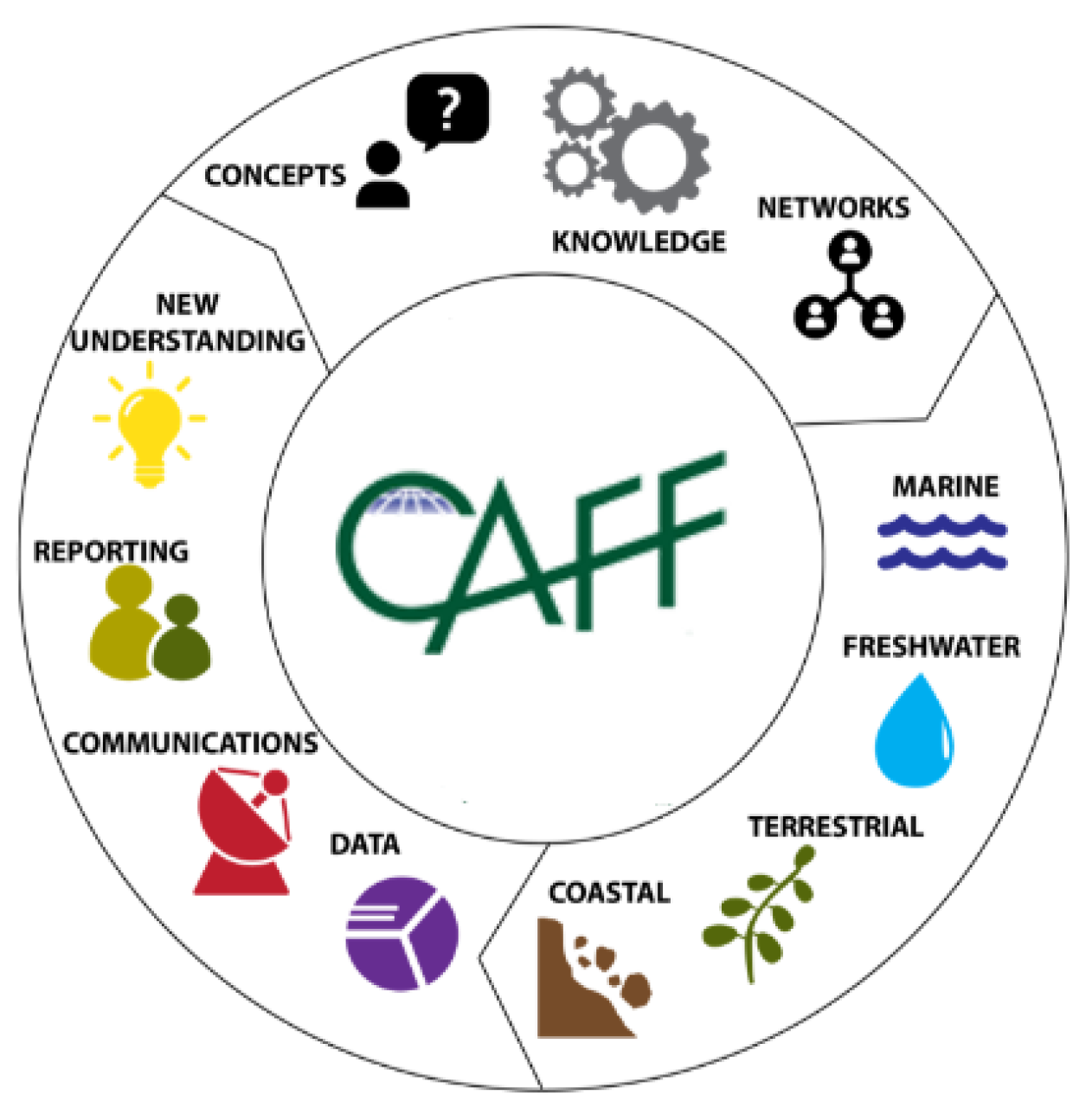
Keywords: Arctic Contaminants Action Program, ACAP, Arctic Council, Pollution Reduction, Hazardous Waste Management, Persistent Organic Pollutants, Short-Lived Climate Pollutants, Indigenous Contaminant Action, Environmental Protection
The Arctic Contaminants Action Program (ACAP) is one of the key working groups of the Arctic Council, focusing on reducing pollution, improving waste management, and mitigating environmental hazards in the Arctic. ACAP operates through specialized expert groups dedicated to tackling specific contaminants and pollution-related challenges.
Key Expert Groups Under ACAP
Persistent Organic Pollutants (POPs) and Mercury (Hg) Expert Group
- Focuses on Persistent Organic Pollutants (POPs) and mercury, which pose serious environmental and health risks.
- Mandate:
- Develops and facilitates demonstration projects to showcase pollution reduction strategies.
- Supports efforts to minimize pollutant releases into the Arctic environment.
- Strengthens international cooperation on hazardous chemical management.

Expert Group on Waste (formerly Obsolete Pesticides, PCBs, and IHWMS)
- Originally formed in 2015 and renamed in May 2019, this group focuses on hazardous waste management.
- Mandate:
- Promotes environmentally sound waste management practices.
- Works to reduce industrial and municipal waste contamination in the Arctic.
- Supports proper municipal waste handling, including both solid and liquid waste disposal.
Indigenous Peoples' Contaminant Action Program (IPCAP)
- Established in September 2008 to enhance Indigenous communities' involvement in environmental protection.
- Mandate:
- Reduces contaminant exposure and its harmful impact on Arctic Indigenous communities.
- Supports community-driven initiatives to improve health and environmental conditions.
Short-Lived Climate Pollutants (SLCP) Expert Group
- Established in 2009 to address SLCPs, such as black carbon, methane, and hydrofluorocarbons (HFCs).
- Mandate:
- Develops and coordinates projects aimed at reducing SLCP emissions.
- Focuses on SLCP transport and deposition in the Arctic to mitigate climate impact.
Conclusion
The ACAP expert groups play a crucial role in the Arctic Council’s mission to protect the fragile Arctic ecosystem from pollution and hazardous waste. By facilitating demonstration projects, engaging Indigenous communities, and addressing climate pollutants, ACAP contributes to the sustainable development and environmental resilience of the Arctic.
Tags:#ArcticCouncil #ACAP #PollutionReduction #WasteManagement #ClimateAction #IndigenousRights #EnvironmentalProtection #MercuryPollution
For more updates on environmental regulations, public health policies, and developments in India's governance, follow Kanishk Social Media for comprehensive and timely coverage of critical issues. If you found this article helpful, share it with others interested in India’s environmental efforts and policy innovations.












0 Comments